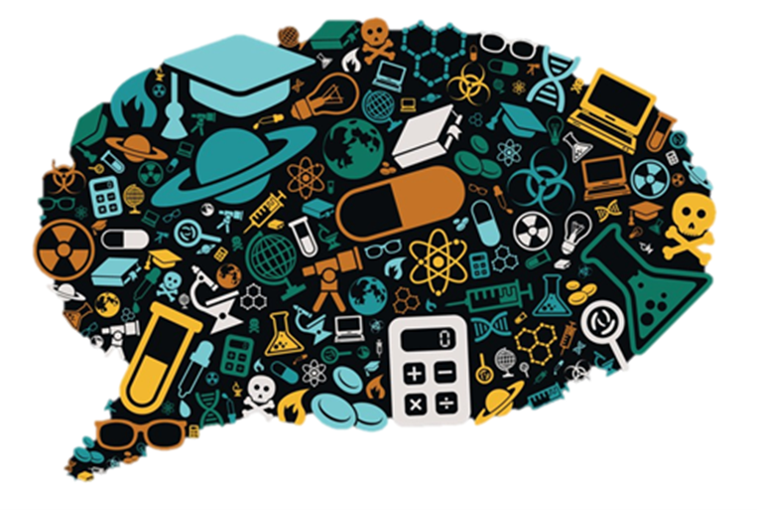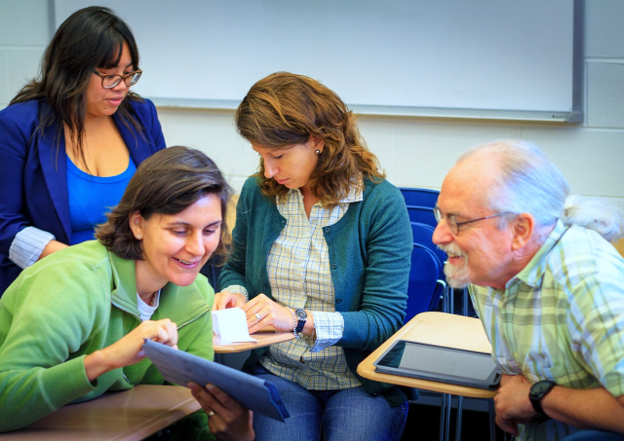
The COVID-19 pandemic taught scientists that the way in which scientists communicate science impacts global communities. Lecturers that teach science communication (also called SciComm) at various levels draw upon and recognize the importance that all forms of science communication play in society — not just in their own lives, but in their students’ lives, too.
As more people around the globe are slowly coming out of summer holidays to start school once again, we thought this would be a good time to review different ways to improve students’ SciComm skills. Keep reading for a few SciComm tips for educators to consider on the way “back to school.”
Recognize That SciComm Is Important
SciComm is an important piece in science education of all levels — K-12, undergraduate, graduate, and postgraduate education alike. Acknowledging the importance of SciComm should not be limited to topics relating to health literacy alone (such as the COVID-19 pandemic), but should also include different aspects of science to improve science literacy as a whole. In a previous article, we have written more about how to lecture about science communication. The article also includes some of the best practices to consider when teaching SciComm at the university level.
Make SciComm Fun!
Although SciComm requires conceptual understanding, it is also meant to be fun. While some theoretical understanding is required to improve the SciComm skills of your cohort, lectures and workshops on science communication cannot solely be focused on the theory of science communication. Building on theories backed with science and anecdotal experiences, students are able to learn and hone their skills in communicating science to various audiences across various media.

Although SciComm requires conceptual understanding, it is also meant to be fun. While some theoretical understanding is required to improve the SciComm skills of your cohort, lectures and workshops on science communication cannot solely be focused on the theory of science communication. Building on theories backed with science and anecdotal experiences, students are able to learn and hone their skills in communicating science to various audiences across various media.
Mix It Up
We believe that during workshops, students may be tasked with acknowledging how different mediums of science communication (such as infographics, images, science writing, video editing, etc.) improve science and health literacy, including examples and discussions wherever possible. These workshops could also use science communication exercises to improve theoretical and practical SciComm skills. In a previous article, we provide you with some do’s and don’ts to consider when developing SciComm exercises for the classroom.

If you require any more expert advice in teaching about science communication, consider getting in touch with us via The Shared Microscope (for Nidhi) or Fancy Comma (for Sheeva). Nidhi also runs a free weekly chat on Science Communication on Twitter with professional science communicators called #SciCommChat. Learn more about #SciCommChat and how to join here.



Leave a Reply